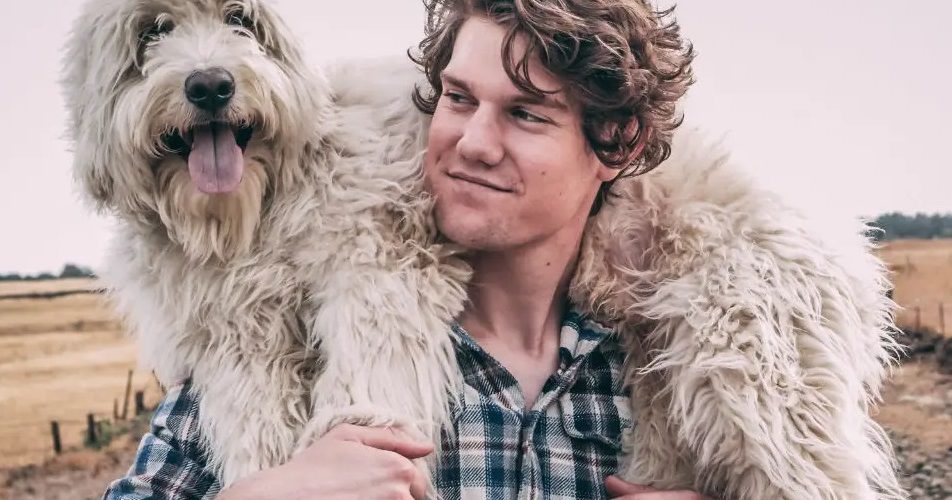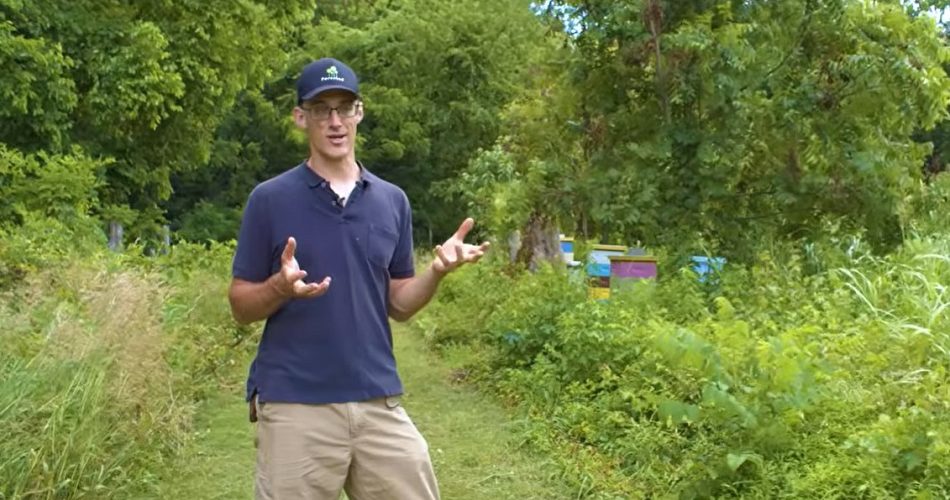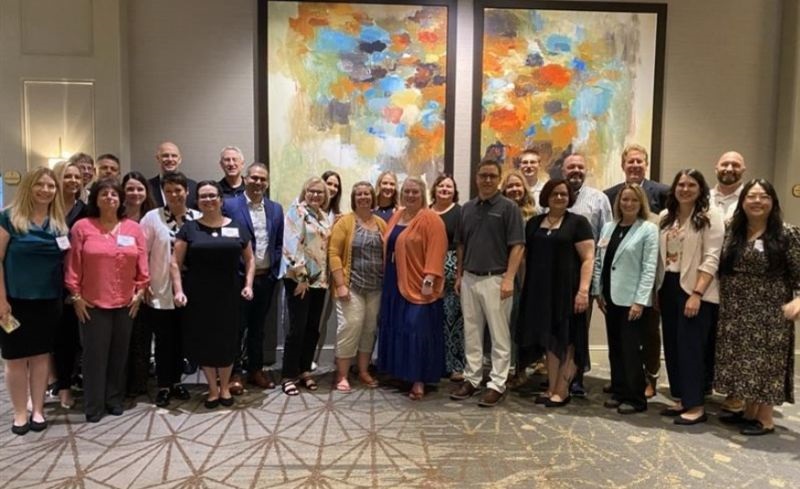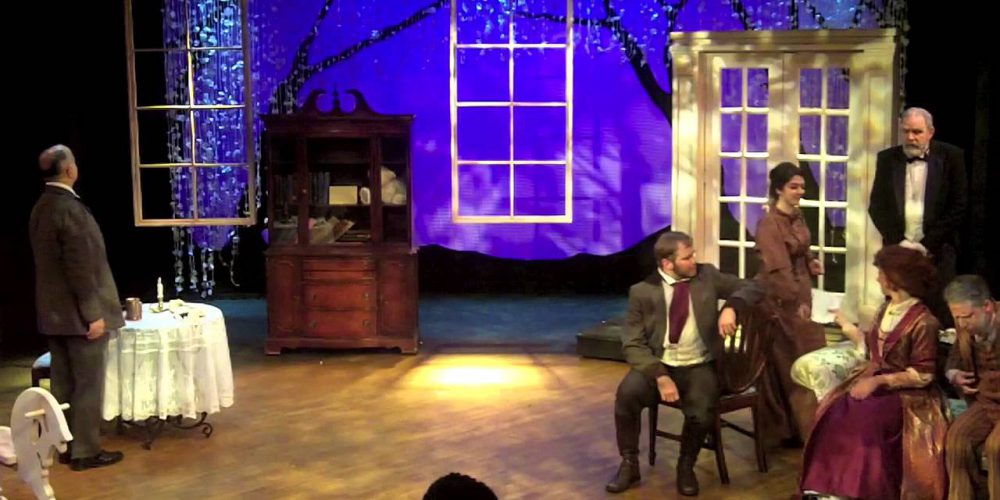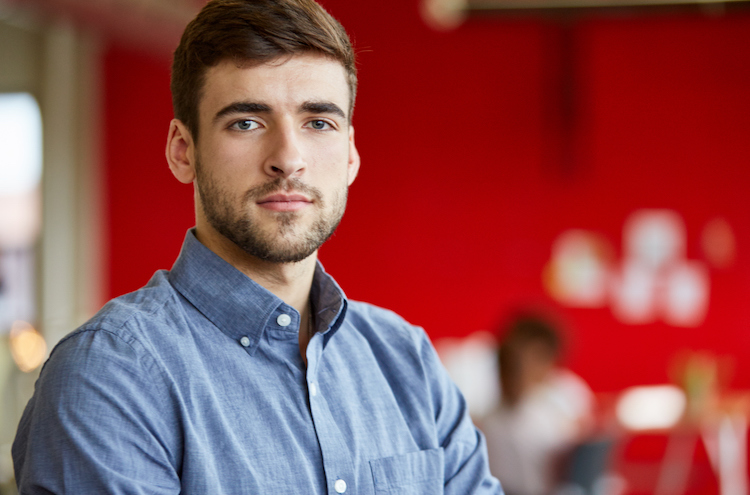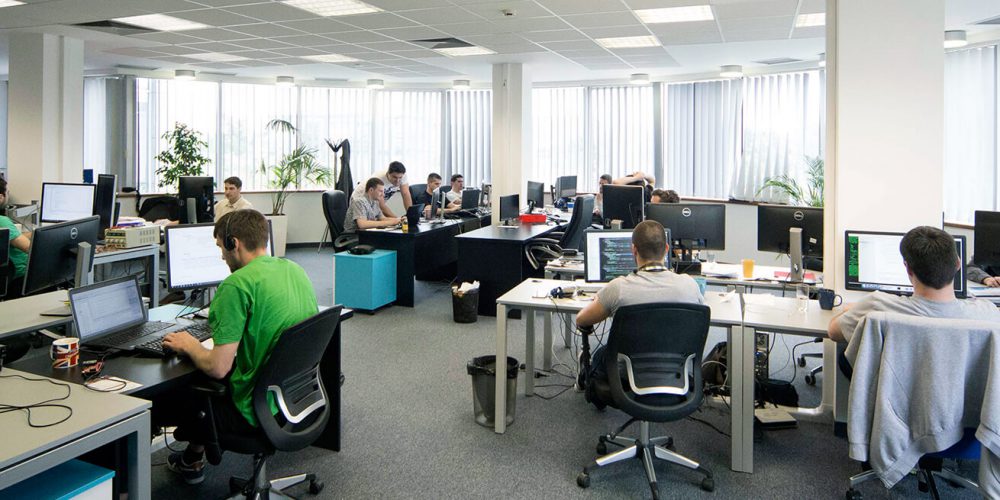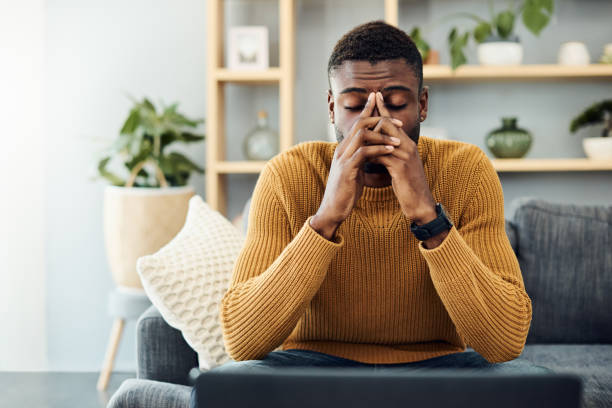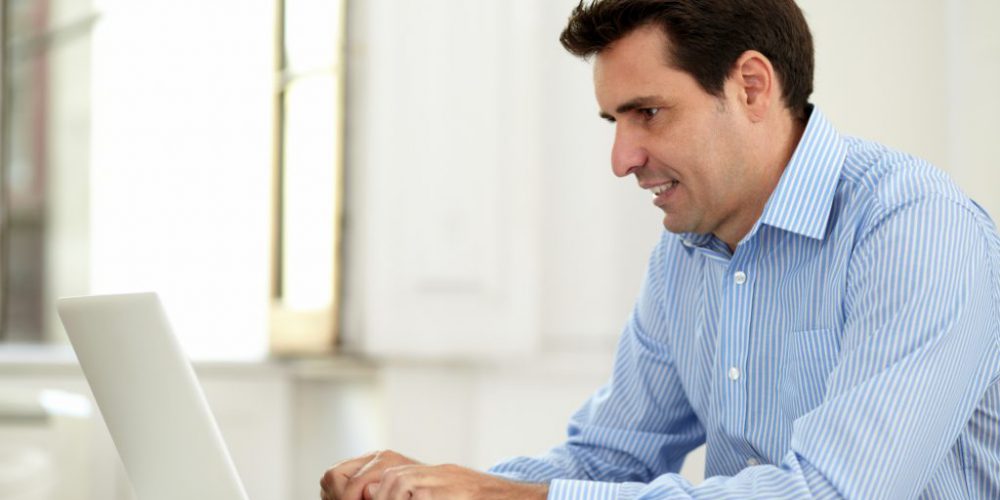“Be kind whenever possible. It is always possible.”
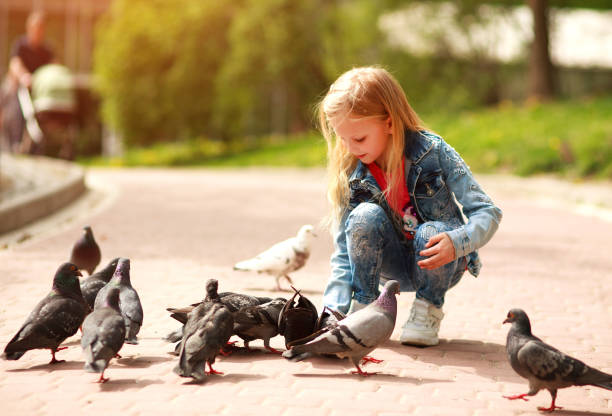
Kindness is a quality of being. Kindness is more than behavior.
The art of kindness means harboring a spirit of helpfulness, as well as being generous and considerate, and doing so without expecting anything in return.
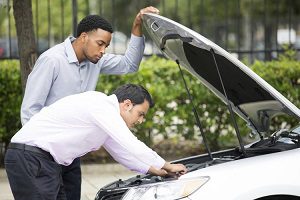
The act of giving kindness often is simple, free, positive and healthy.
Good for the body
Kindness has been shown to increase self-esteem, empathy and compassion, and improve mood. It can decrease blood pressure and cortisol, a stress hormone, which directly impacts stress levels.
People who give of themselves in a balanced way also tend to be healthier and live longer.
Kindness can increase your sense of connectivity with others, which can directly impact loneliness, improve low mood and enhance relationships in general.
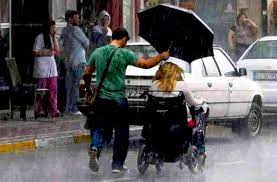
It also can be contagious. Looking for ways to show kindness can give you a focus activity, especially if you tend to be anxious or stressed in some social situations.
Good for the mind
Physiologically, kindness can positively change your brain.
Being kind boosts serotonin and dopamine, which are neurotransmitters in the brain that give you feelings of satisfaction and well-being, and cause the pleasure/reward centers in your brain to light up. Endorphins, which are your body’s natural pain killer, also can be released.
Discover ways you can create happiness.
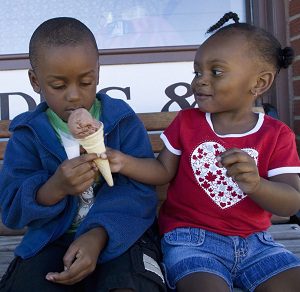
Be kind to yourself
“It is not just how you treat other people — it is how you extend those same behaviors and intentions to yourself as well. I believe you can be kinder in your own self-talk and practice gratitude,” says Steve Siegle, Doctor of Psychology, Licensed Professional Counselor and Practitioner of Neuro-Linguistic Programming.
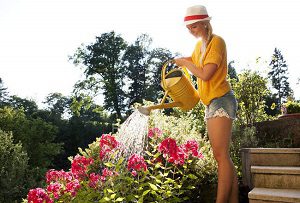
“People are good at verbally beating themselves up, and rarely does that work as a pep talk. Rather, negativity often causes you to unravel and may even create a vicious cycle of regularly getting down on yourself.”
“You wouldn’t talk to your neighbor the way you sometimes talk to yourself. This is what I call the “good neighbor policy,” which can be helpful. If you would not say it to your good neighbor, do not say it about yourself,” advises he.
Take action
Simply asking “How am I going to practice kindness today?” can be helpful.

For a homework assignment, Dr. Siegle has invited some clients to pay attention and periodically document during the day their evidence of kindness to others and especially to themselves.
He says that this positive focus is like planting positive seeds in our mind garden. Where focus goes, energy flows.
Once he was talking about kindness to a young client who asked Dr. Siegle if he wanted his clients to get on the ark. Dr. Siegle asked what that meant. The client said, “Acts of random kindness.” That was a great response from a young person.
“How about you? Are you willing to get on the ark?” asks us Dr. Siegle.
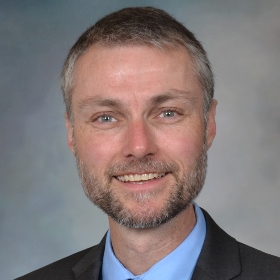
Concluding his talk with clients, he often quotes the wisest saying of the Dalai Lama: “Be kind whenever possible. It is always possible.”
Consider joining Mayo Clinic Health System’s Kickstart Kindness program to start your kindness journey. The program offers many ideas of how to extend kindness.
By Alex Arlander | ENC News




